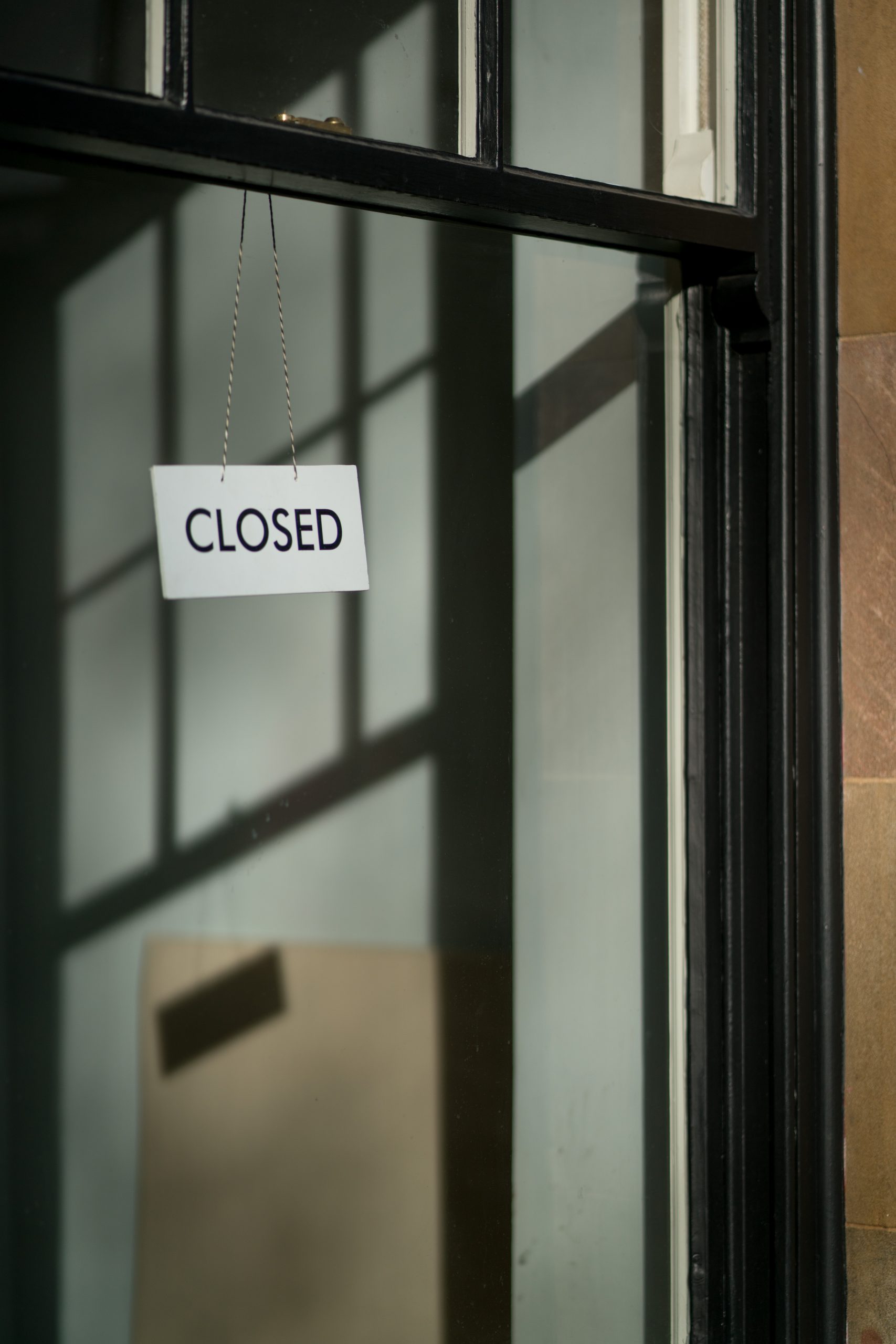The long-awaited Executive Order temporarily suspending the immigration of certain aliens into the United States has been released.
WHO IS IMPACTED BY THE EXECUTIVE ORDER?
The order entitled, “Proclamation Suspending the Entry of Immigrants Who Present Risk to the U.S. Labor Market During the Economic Recovery Following the COVID-19 Outbreak,” suspends and limits the entry of the following types of aliens (for a 60-day period) beginning 11:59 p.m. eastern daylight time on April 23, 2020.
Your entry is suspended and limited if all of the following are true:
THREE PART TEST
- You are an alien outside of the United States on the effective date of the Proclamation (April 23rd)
- You are an alien that does not have an immigrant visa that is valid on the effective date of the Proclamation (April 23rd) and
- You are an alien that does not have an official travel document other than a visa on the effective date of the proclamation (April 23rd) or issued on any date thereafter that permits him or her to travel to the United States and seek entry or admission
- Official travel documents include a transportation letter, an appropriate boarding foil, or advance parole document.
ENFORCEMENT
This Proclamation shall be enforced by U.S. Consulates worldwide at their discretion giving them the power to determine whether an immigrant has established his or her eligibility and is otherwise exempted from the Proclamation. The Department of State will implement the proclamation as it applies to immigrant visas, at the discretion of the Secretary of State in consultation with the Secretary of Homeland Security.
The Department of State governs the immigration process outside of the United States, while the Department of Homeland Security governs the immigration process within the United States and guides the United States Citizenship and Immigration Services (USCIS).
WHO IS EXEMPT FROM THE EXECUTIVE ORDER?
The order expressly exempts:
- Lawful Permanent Residents of the U.S.
- Aliens who are the spouses of U.S. Citizens
- Members of the U.S. Armed Forces and any spouse and child of a member of the U.S. Armed Forces
- Aliens under 21 years of age who are children of United States Citizens and prospective adoptees
- Aliens seeking to enter the U.S. on an immigrant visa as a physician, nurse, or other healthcare professional
- Aliens seeking to enter the U.S. to perform medical research or other research intended to combat the spread of COVID-19
- Any spouse any unmarried child under 21 years of age of any such alien who is accompanying or following to join the alien
- Any alien applying for a visa pursuant to the EB-5 Immigrant Investor Program
- Aliens whose entry furthers important United States law enforcement objectives
- Any alien seeking entry pursuant to a Special Immigrant Visa in the SI or SQ classification, and any spouse and child of any such individual
- SI: Certain aliens employed by the U.S. Government in Iraq or Afghanistan as translators or interpreters
- SQ: Certain Iraqis or Afghans employed by or on behalf of the U.S. Government
- Any alien whose entry would be in the national interest of the United States (national interest waivers)
- Aliens seeking entry for asylum, refugee status, withholding of removal, or protection under the Convention Against Torture and Other Cruel, Inhuman or Degrading Treatment or Punishment
 Visa Lawyer Blog
Visa Lawyer Blog











